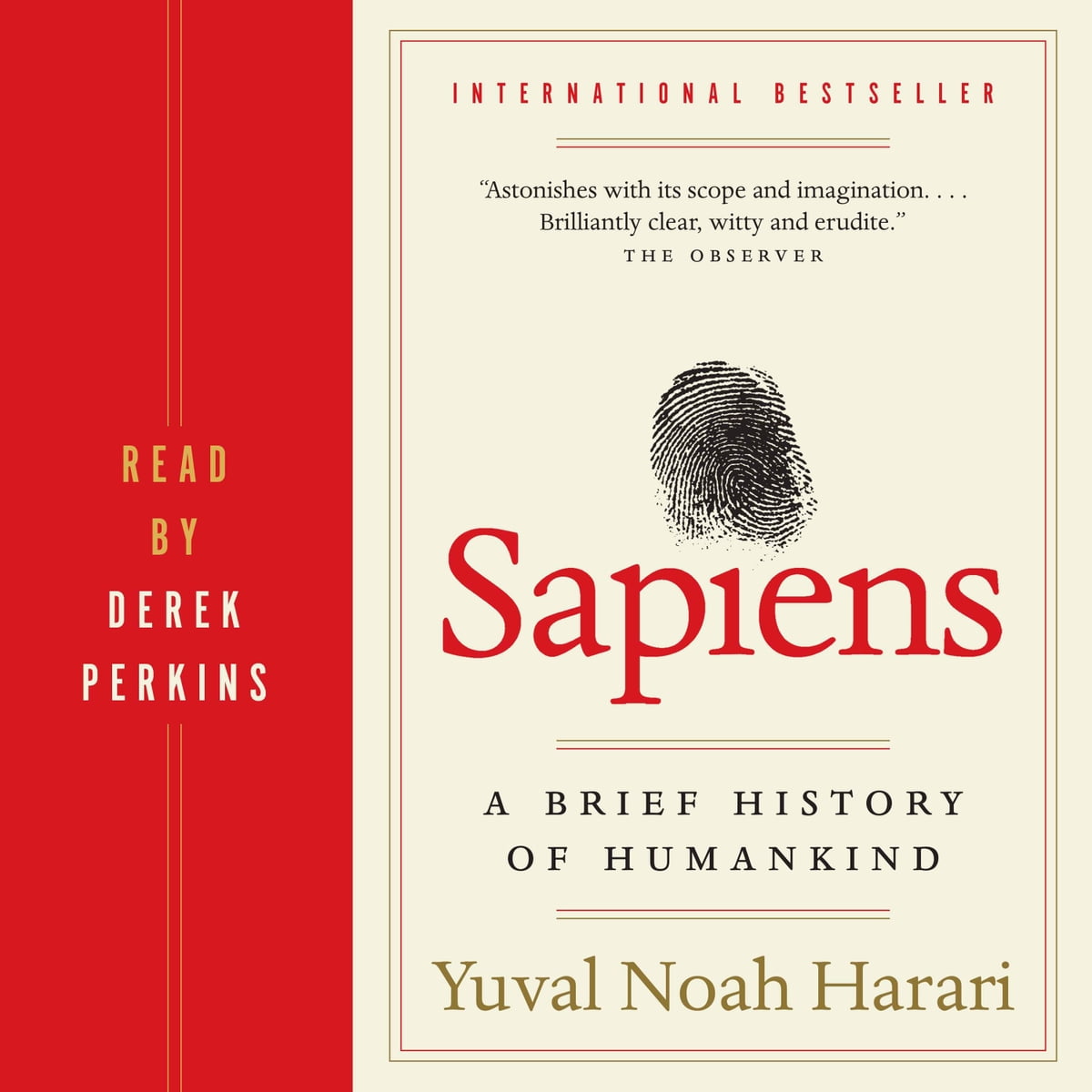Visitors have accessed this post 192 times.
“Sapiens: A Brief History of Humankind” by Yuval Noah Harari is a sweeping, thought-provoking, and engaging book that explores the history of our species from its earliest days to the present. The book is divided into four parts, with each section covering a different era in human history.
Yuval Noah Harari’s writing style in “Sapiens” is clear, accessible, and engaging. He has a talent for making complex ideas and historical events easy to understand, even for readers who may not have a background in anthropology, biology, or economics. One of Harari’s strengths as a writer is his ability to use analogies and metaphors to explain difficult concepts. For example, he compares the Agricultural Revolution to a trap that humans fell into, arguing that while it allowed for the development of complex societies, it also led to the domination of other species and the destruction of the environment. This comparison is both vivid and memorable, making it easy for readers to understand the complex and multifaceted impacts of the Agricultural Revolution. Harari also uses storytelling to great effect, weaving together historical events and scientific concepts into a cohesive narrative. He presents a chronological account of human history, but also connects seemingly disparate events and trends into a larger story about the nature of our species. This approach makes the book not only informative but also engaging and enjoyable to read.
Another aspect of Harari’s writing style is his willingness to challenge traditional views of history and human nature. He does not shy away from controversial topics, such as the impact of the Agricultural Revolution or the relationship between science and religion. By challenging readers to think deeply about these topics, Harari encourages critical thinking and open-mindedness
Part One of the book, “The Cognitive Revolution,” covers the period from the emergence of Homo sapiens to the Agricultural Revolution. Harari argues that the success of our species can be attributed to our ability to cooperate and create shared myths and narratives that bind us together. He claims that it was our ability to imagine things that do not exist that allowed us to create these myths and narratives, giving us an edge over other species.
Harari also argues that the Cognitive Revolution was a double-edged sword, as it allowed us to develop complex societies and technologies but also led to the domination of other species and the extinction of many of them. He also challenges traditional views of human nature, arguing that humans are not inherently violent or competitive but rather are capable of both cooperation and conflict, depending on the circumstances.
Part Two of the book, “The Agricultural Revolution,” covers the period from the emergence of agriculture to the Industrial Revolution. Harari argues that the agricultural revolution was not an unambiguous improvement over hunter-gatherer societies, as it led to the development of social hierarchies, increased disease, and the destruction of the environment. He also explores the rise of empires and religions during this period and their impact on human history.
Part Three of the book, “The Unification of Humankind,” covers the period from the rise of empires to the present day. Harari argues that the unification of humankind has been driven by three main forces: imperialism, capitalism, and science. He explores the impact of these forces on human history, including the rise of European empires, the slave trade, and the Industrial Revolution.
Harari also examines the impact of science and technology on human history, including the development of modern medicine, the Internet, and artificial intelligence. He argues that the convergence of biology and technology is likely to be one of the most important developments of the 21st century and will have profound implications for our species.
Part Four of the book, “The Scientific Revolution,” covers the period from the rise of modern science to the present day. Harari argues that the scientific revolution has led to a new set of myths and narratives that are reshaping our understanding of the world and our place in it. He explores the impact of science on religion, politics, and culture, and argues that we are living in an age of secularism where traditional religious beliefs are being replaced by scientific and technological worldviews.
At times, Harari’s analysis can be controversial and provocative, especially when he challenges traditional views of history and human nature. For example, he argues that the agricultural revolution, which allowed humans to settle in one place and develop complex societies, was not an unambiguous improvement over hunter-gatherer societies.
Overall, “Sapiens” is a fascinating and thought-provoking book that challenges readers to think deeply about our place in the world and the forces that have shaped our history. Harari’s interdisciplinary approach and clear writing style make complex ideas and historical events easy to understand, while his provocative analysis is sure to spark debate and discussion. Whether you are interested in anthropology, history, or just want to gain a deeper understanding of the human experience, “Sapiens” is a highly recommended read.
